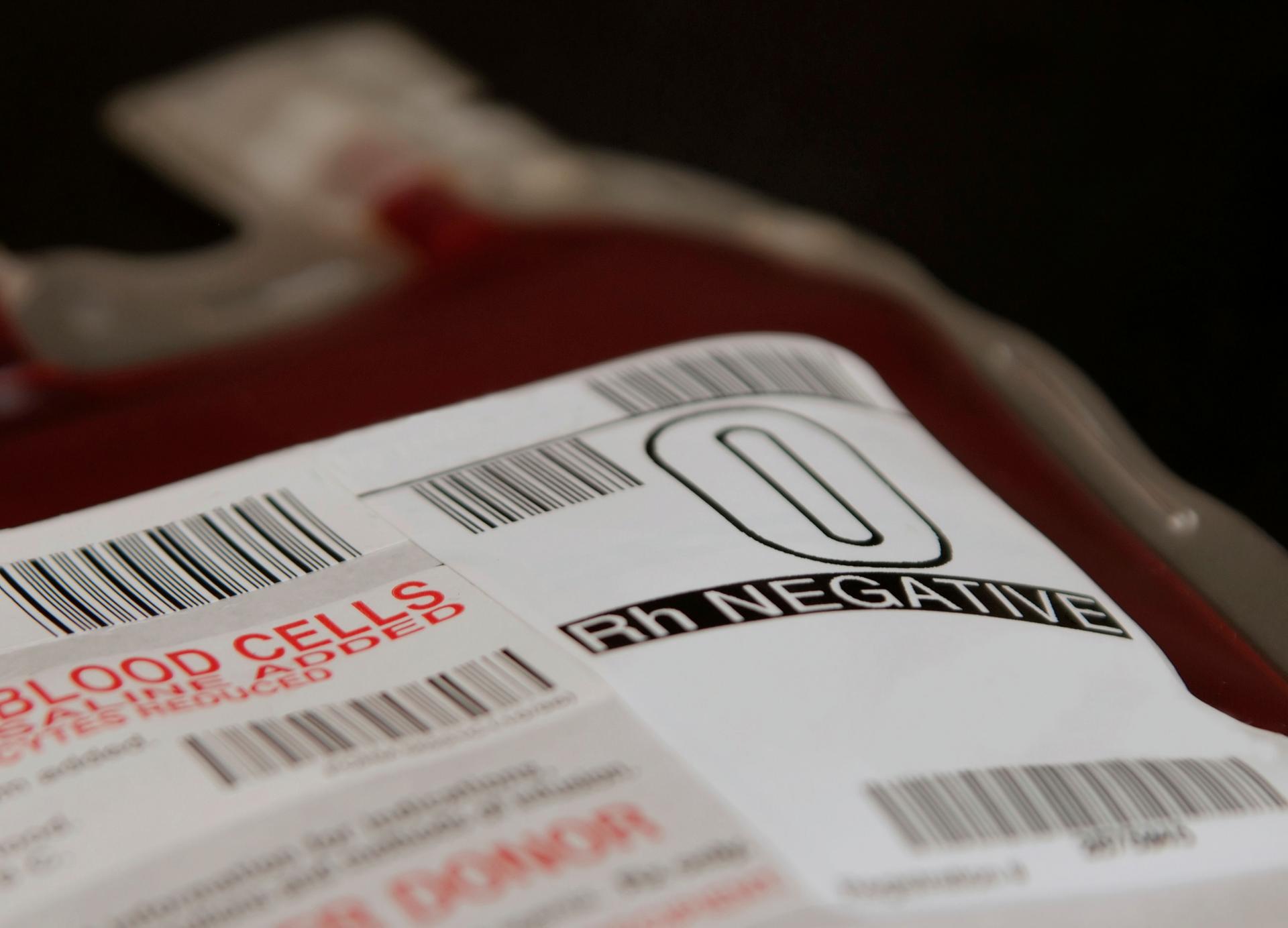Blog from BSH: Do people with Hodgkin lymphoma need irradiated blood forever?
Published on: 9 July 2018Our Senior Medical Writer, Dr Becky Salisbury, talks about some of the hot topics raised at the recent British Society of Haematology meeting.


People treated for Hodgkin lymphoma are recommended to have irradiated blood if they ever need a blood transfusion in the future. Irradiating the blood (treating it with X-rays) prevents any donor white blood cells from dividing. This prevents the donor white blood cells attacking your own tissues, a rare but serious complication of blood transfusion called 'transfusion-associated graft-versus-host disease' (TA-GvHD). People who had Hodgkin lymphoma are thought to be at increased risk of developing TA-GvHD so it is currently recommended that they have irradiated blood for the rest of their lives.
There have been only two reported cases of TA-GvHD in the 16 years since irradiated blood was recommended for people considered at risk of developing this complication. Prior to 1999, there were around four cases of TA-GvHD per year. Clearly, irradiating blood is protecting these people but the risk of TA-GvHD is low overall. A reported 1215 ‘at-risk’ people received transfusions of blood that had not been irradiated in the same 16 year period. One person who previously had Hodgkin lymphoma had 487 non-irradiated blood transfusions and did not develop TA-GvHD.
New guidelines for irradiated blood are being developed. These guidelines may follow the previous recommendations for lifelong irradiated blood, but there is a suggestion that it may be safe to stop using irradiating blood 5 years after the last treatment for Hodgkin lymphoma. We’ll report on the final guidelines when they are published.
This is the second in our series of articles from the British Society of Haematology annual meeting (Liverpool, April 2018). Read our first article on antibiotic resistance and watch out for more updates, including a focus on precision medicine.
Read the abstract about this data in a special issue of the British Journal of Haematology: Addison J, et al. Continued absence of transfusion‐associated graft versus host disease despite failures to provide irradiated blood components to patients at risk‐16 years of data from SHOT.
Visit the BSH website
With thanks to Dr Andrew McMillan, Consultant Haematologist, Nottingham University Hospitals NHS Trust for reviewing this article.
